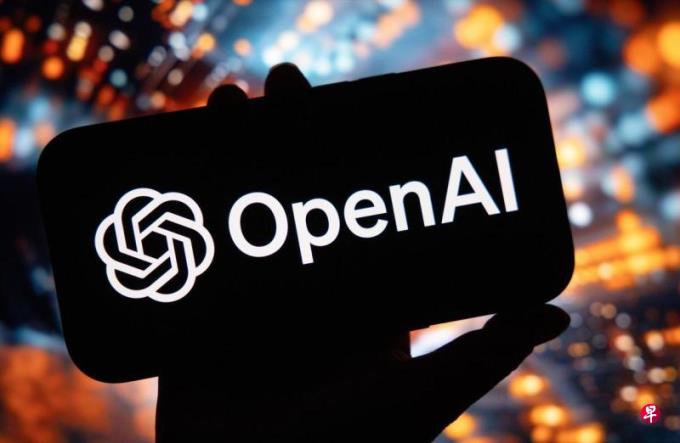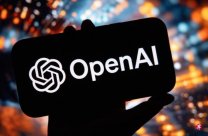
I was looking forward to driverless cars in Lianhe Zaobao. Some friends said that although unmanned driving is extremely complicated, it is not easy to replace humans.Crisis, etc.), but why are they sprung up in China and the United States?There are some types of work that seem to be easily replaced by Genai's large language models, such as editors and translations. After two or three years, the "even" has not been completely eliminated?
If AI is so powerful, why is the translation work still in short supply?Earlier, when the language learning application Duolingo announced the reduction of some employees and replaced it with artificial intelligence, the news quickly aroused market concerns.The most striking layoffs are naturally one of the occupations that have been translated for a long time.When the news came out, it seemed that the impact of AI on the employment market had come.
However, Luis Von Ahn, president of Duolingo, clarified in an interview: the layoffs involved only 10%of their contract workers, not full -time employees, and decided that it was not only because of the introduction of AI.Considering the cooperation between Duolingo and Openai, the company's latest version of the ChatGPT (GPT-4O) response is more intriguing.
At the GPT-4O conference, OpenAI showed the powerful function of real-time language translation.In a live demonstration, the two employees used Italian and English dialogue respectively, which were instant translated by the ChatGPT app.Although the demonstration was short and successful, Feng An said in a word: "This demonstration can be done as early as eight years ago." He further pointed out that the translation ability of computers in the world's main language is actually.It's very mature.In the past 10 years, machine translation capabilities have become one of the important cases to study AI on the labor market.But even in this industry, the application of AI has not brought the expected large -scale layoffs. Why?
As early as 2006, when Google launched Google's translation, the translation industry began to guess how AI would change this field.The US Translation Association personnel said that since the birth of neural machine translation technology (NMT) in 2016, the translation industry has ushered in new technological innovation, and AI has become part of the daily work of many translators and translators.Even so, the demand for the global translation market is still strong.According to data from the US Labor Statistics (BLS), between 2008 and 2018, translation and interpretation positions increased by 49.4%, mainly due to globalization.Although the BLS data collection method has changed after 2018, from the data from the US Population Census Bureau, the growth rate of interpreting and translation positions still reached 11%from 2020 to 2023.
In fact, despite the continuous progress of AI technology, the translation and interpretation markets have not been significantly impacted.Major enterprises and government agencies are still actively recruiting translation talents.For example, Honda is recruiting Japanese translators for the factory of South Carolina; Starplus Energy's factory in Indiana needs multiple Korean portlands; the San Francisco Municipal Government is recruiting an English -Spanish translator.
According to BLS forecasts, the positions in the translation and interpretation industry in the next 10 years will increase by about 4%. Although the growth rate has slowed down from the explosive growth of the past decades, it is still slightly higher than the average growth of the overall position of the United States.level.
Since the AI translation ability is so powerful, why is the job opportunity for this industry is still so rich?Daron ACEMOGLU, an economist of MIT, believes that AI's ability is exaggerated. Although AI has performed well in some ways, it is still not reliable in translation.
Feng An also agreed with this view.He pointed out that although AI technology has improved translation efficiency, the company still relies on human translation to check and ensure the accuracy of translation content, especially in key areas such as user interfaces.In addition, AI cannot stabilize the style and tone of the company's expectations, so human translation is still indispensable in these areas.
AlthoughAI technology is changing the translation industry, it is more as an auxiliary tool to improve translation efficiency, not the work of completely replacing human translators.With the continuous progress of technology, translators who can master AI tools will get more opportunities in the market and fail to adapt to technological changes, and they may face greater challenges.
Overall, although AI technology has made great progress in the field of translation, the future of the translation industry still requires human expertise to ensure accuracy and cultural adaptability.As data shows that the demand in this industry is still growing, and the cooperation between AI and human translators will become an important part of the future translation market.
AI's disruptability in other industries is obvious, such as unmanned driving, unmanned logistics, and catering robots.Volkswagen focuses on its own industry. When you meet the trees, you can not see the forest. It can only be said that the impact of AI is inevitable. It may be a terrible disaster, but it is more likely that it is only another auxiliary tool.
The author is a digital technology practitioner



